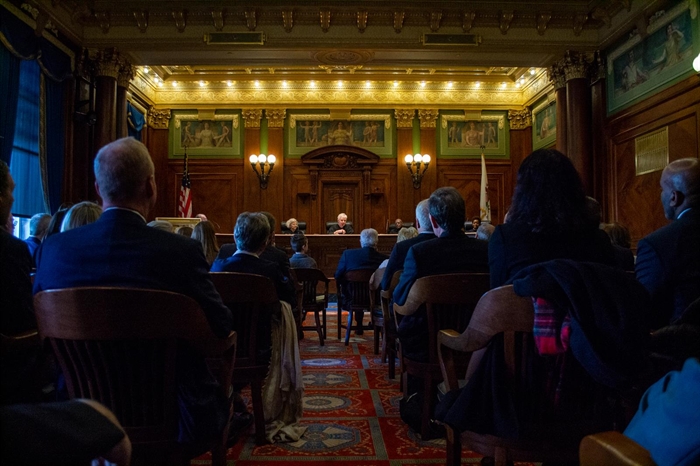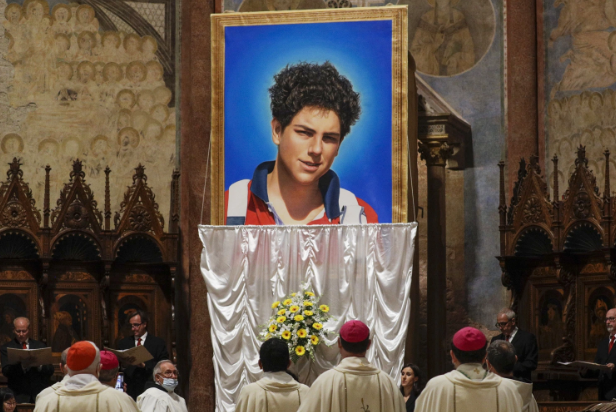A Cook County judge on Friday ruled the controversial Bring Chicago Home ballot referendum as invalid. A judge ruled the referendum as vague and unconstitutional. It would ask voters to restructure the real estate transfer tax to bring in funds to help the homeless in the city.
Those against the proposal called it a victory. Yet those supporting the referendum said they will keep fighting.
The measure was to appear on the Mar. 19 Illinois Primary Election ballot in Chicago. The referendum remains on the ballot, but if the judge’s ruling stands, the votes will not be counted.
The proposal is a key initiative of Mayor Brandon Johnson’s progressive agenda. The mayor has said the ordinance would lower the real estate transfer tax for 95% of homeowners, while increasing the tax on more expensive buildings, creating approximately $100 million in annual revenue for efforts to combat homelessness.
“We know that homelessness is up since 2019, and that Black Chicagoans account for 69% of our city’s unhoused population, and one in four Black students in the Chicago Public Schools, unfortunately, will experience homelessness at least once during their lives,” Johnson said after the Mar. 5 vote. Bring Chicago Home is an important measure that I believe will help rectify this wrong.”My administration will continue our mission to support Chicago’s homeless, and I will remain resolute in my belief that housing is truly a human right.”
Opponents have said the ordinance does not specify exactly how the approximately $100 million in annual revenue created by the “Bring Chicago Home” tax plan would be spent on reducing homelessness.
If the tax referendum were approved by voters in March, the City Council would then have to approve a separate ordinance next spring officially establishing the new tax rates, and designating how the estimated $100 million in new annual revenue would be spent. City officials said the earliest Chicago could begin collecting the new taxes would be 2025.
As Chicago voters decide on whether to increase taxes on million-dollar home sales to address homelessness, the choice before them is crucial for the city’s future. Mayor Brandon Johnson’s “Bring Chicago Home” initiative, designed to generate funds for combating homelessness, hinges on this decision. The outcome will not only influence real estate dynamics but also determine the city’s commitment to social welfare and ensuring housing as a basic human right.









